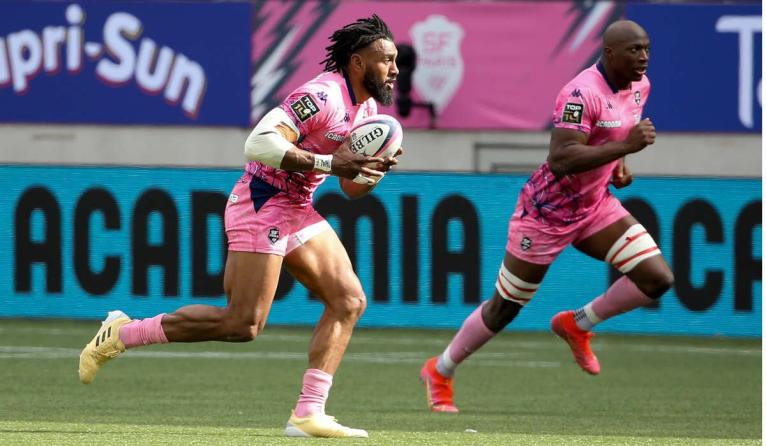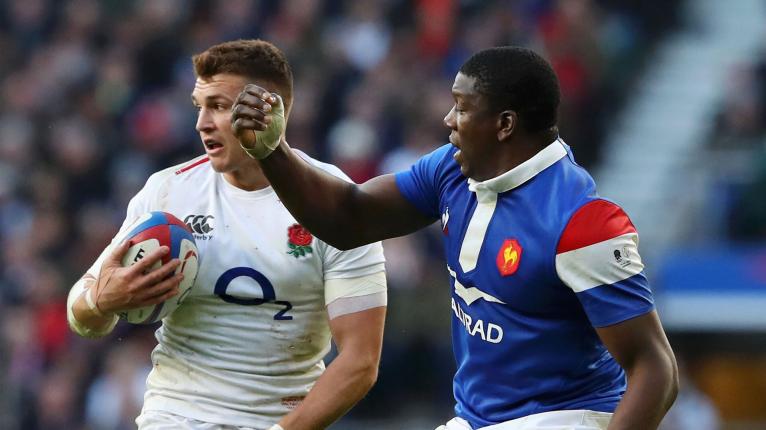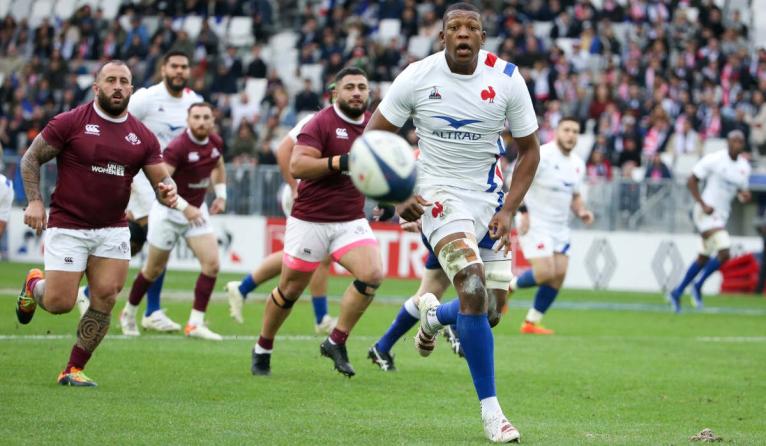After much debate in parliament Emmanuel Macron has got his way and from this week in France a new law takes effect that shuts out from society those who have not been tripled vaccinated against Coronavirus.
Anyone over the age of 16 without a ‘Vaccine Pass’ will henceforth be unable to:
-Eat in a restaurant
-Drink in a bar
-Visit the cinema or the theatre
-Shop in malls
-Go to a public swimming pool
-Take an inter-regional train (city buses and subway trains are exempt)
-Watch a live sporting event or a pop concert.
-Participate in sport
This is a tightening of the law promulgated in July last year, what came to be known as the Pass Sanitaire, or Covid Passport, that permitted people to participate in these activities provided they showed proof of a double vaccination or a negative Covid Test within the last 48 hours. From now on a negative test and/or two vaccines are not enough.
In justifying the new measure last week, Macron boasted to a newspaper that he wanted to ’emmerder’ [piss off] the unvaccinated and so force them to roll up their sleeves to be jabbed.
Among the ‘pissed off’ is Stade Francais’s Fijian threequarter Waisea Nayacalevu who earlier this month described his predicament as ‘bullshit’. The 31-year-old – who has twice had Covid – explained why he has declined the vaccination. “It’s my choice,” he said. “Around the world, even if you’re vaccinated you can still catch it. So what is the point in vaccinating myself? In my family some are vaccinated and others aren’t. Everyone has a choice. This is my personal choice.”

Macron, however, is determined to deprive people like Nayacalevu of their bodily autonomy and the Fijian now has another choice to make: take the vaccine or put his professional career in France in jeopardy. Reluctantly, Nayacalevu has said that he will submit to the vaccine rather than lose his livelihood indefinitely.
Nayacalevu, who thus far has taken a daily lateral flow test, has received little sympathy from the Stade Francais president Thomas Lombard, who said in a recent interview that ‘when we play rugby our job is our passion and therefore it requires sacrifices, to understand the stakes’.
Lombard added that he was hopeful that in discussing ‘intelligently’ with the more reticent the club would have all its staff fully vaccinated. The inference from his interview was that those who still refused would be fired or at the very least suspended; but might that result in a legal challenge?
Last month Philippe Spanghero, a director of Team One, a Sports Communication company, addressed the legal implications of such a move. “Today a business hasn’t the right to impose the vaccination on its employees, or to fire them,” he said. “But some business activities, in contact with the public, have been subjected to different rules. Will rugby be considered as such…we’ll see. It could create a precedent.”
Speaking anonymously to the newspaper, La Nouvelle Republique, a lawyer specializing in employment law, also foresaw legal complexities: “In order to suspend a contract one must be able to prove that the athlete has not performed his functions,” they explained. “But can functions be summed up as only playing matches? That will be the question.”
Could the Vaccine Pass have implications for the Six Nations? England centre Henry Slade, to our knowledge, is on record as saying he is unvaccinated. Might the French government forbid him from playing against France in Paris on March 19? The French sports minister, Roxana Maracineanu, in reference to the case of Novak Djokovic in Australia, has ruled out the idea of creating a ‘health bubble’ to accommodate unvaccinated players to participate in May’s French Open.

Would England therefore, on the grounds that they are being prevented from selecting their strongest team, be within their rights to demand that the fixture against France be played in a neutral country? This is a question that must be addressed as a matter of urgency.
Stade Francais is not alone in dealing with a dilemma that has been forced upon it by Macron, a president who in April last year solemnly promised he would never introduce a measure that would segregate the unvaccinated and the vaccinated.
At the start of this month the LNR reported that in the Top 14 and Pro D2 26 people (playing and non-playing) were unvaccinated, of whom ‘seven or eight were Top14 players’. Three were identified: Nayacalevu and the Clermont duo of Kiwi George Moala and Kotaro Matsushima, the Japan full-back.
For the sceptics, Matsushima embodies the irrationality of France’s authoritarian approach to Covid. He was one of several Clermont players to catch the virus shortly before Christmas and therefore, according to government rules, he does not require a vaccine for three months following his infection. Matsushima can therefore go about his business until March 20. On that date he will have to be vaccinated – for a virus he only recently contracted – or hang up his boots for as long as the rules are in place.
These are the cases that make the news in France but many more rugby players will be unable to play the sport they love now that the Vaccine Pass has come into effect. The amateur and youth game in France had already taken a hit at the start of the season with the introduction of the initial Covid Passport. Faced with the prospect of taking a PCR Test two or three times a week in order to play, a great many players chose to sit out the season. A report in Le Monde newspaper in early October described how teenage participation in sport had ‘fallen drastically’ since the introduction of the Covid Passport, a phenomenon that was particularly acute in what the French term ‘disadvantaged’ neighbourhoods. “Some parents have told us, ‘It’s a pity but we’re no longer coming’,” explained Larbi Liferki, the president of an Urban Sports Association in Roubaix, a suburb of Lille.
In the southern region of Occitania, encompassing the cities of Toulouse, Perpignan and Montpellier, the number of registered players at the start of the 2021-22 season fell by seven percent, figures that are mirrored in most other regions.
The Covid Passport brought other difficulties. At Lembeye RFC, north of Pau, club president Sébastien Piña complained that no official wanted to ‘police’ the players, demanding at each training session to see evidence of their medical history. “It’s annoying because it’s going to end with us offending some people and we are not there for that,” he added.

It so happens that in general vaccine reticence is more pronounced in the south of France (particularly the south-east) than it is the north and west, mirroring the traditional line that divides the rugby-playing part of the country from the football. Is that a coincidence? Rugby grew such deep roots in the southern half of the country because it was felt it encapsulated the virility and independence of the people.
Two exceptions are Val-d’Oise and Seine-Saint-Denis, impoverished regions to the north of Paris where only 70% and 63% of the population is double-jabbed, well under the national average of 80 per cent. In a rugby sense, however, the regions have been a rich source of talent for the national team in recent years, furnishing the Bleus with Demba Bemba, Rabah Slimani, Sekou Macalou, Judicaël Cancoriet and Cameron Woki.
In 2015 I visited Sarcelles rugby club in the Val-d’Oise, where Slimani and Macalou both learned their rugby, and saw at first hand the admirable way in which rugby was helping the local community, particularly teenage boys and girls from disadvantaged backgrounds.
How is depriving them of the opportunity of playing sport going to help defeat Covid? To the average healthy adolescent the virus is no more dangerous than the common cold – 0.02% of France’s Covid fatalities have come from this age group and 0.1% for the 20 to 29 age group.
I myself am double-vaccinated. It was my choice, just as it was Waisea Nayacalevu’s to decline the jab. That is his choice and one that should be respected. If it isn’t and he and other rugby players are forced to be vaccinated then what does it say about France’s cherished motto of Liberté, Egalité, Fraternité?


Comments
Join free and tell us what you really think!
Sign up for free